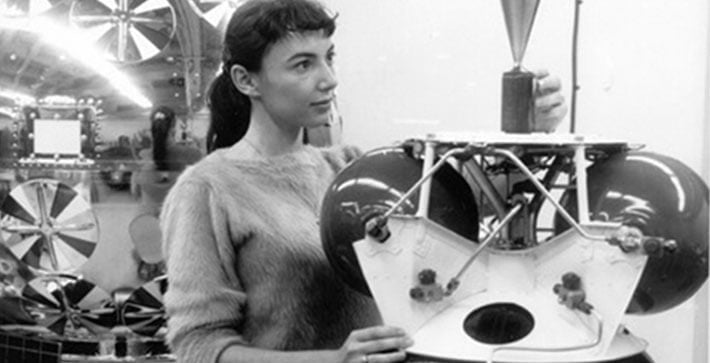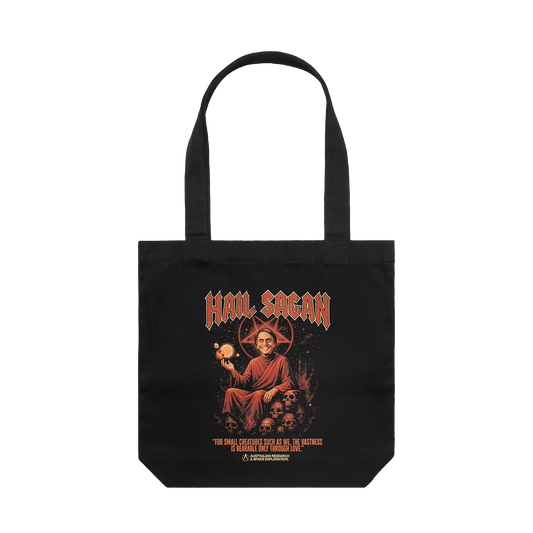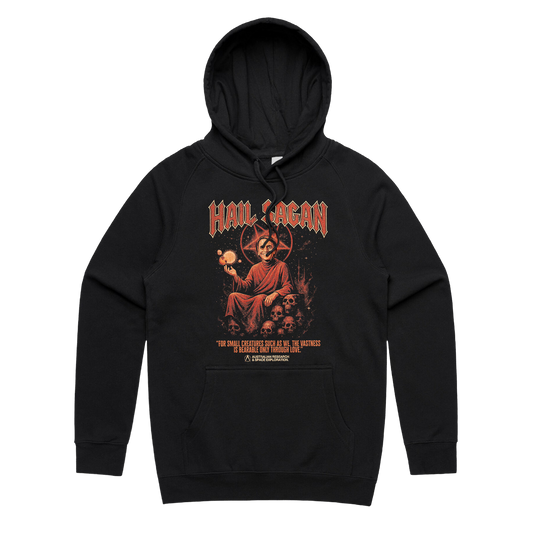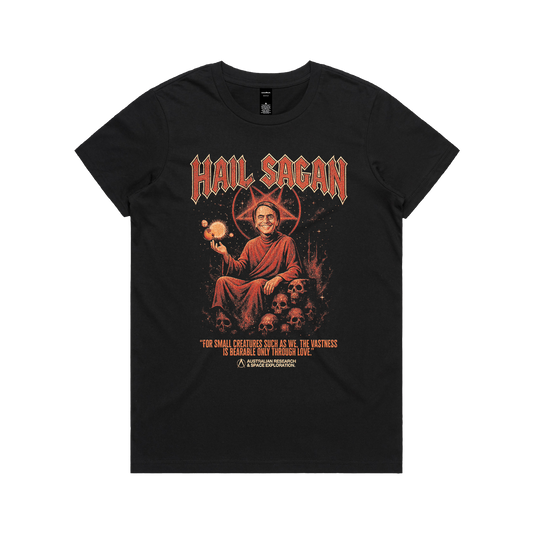
Meet The Aerospace Engineer That Helped Save Apollo 13 While Giving Birth.
Share
Judith Love Cohen, who helped create the Abort-Guidance System which rescued the Apollo 13 astronauts, went to work on the day she was in labour. She took a printout of a problem she was working on to the hospital and called her NASA boss to inform him the problem was solved.
Oh, and she had given birth to her fourth child, a healthy baby boy.
Judith was a fascinating character with a fascinating life. She was an engineer who worked on Pioneer, Apollo, and Hubble missions, a social activist for the cause of women's rights in the workplace, and author of books on women in STEM and environmentalism in the 1990s.
She founded a children's publishing company after her retirement as an engineer, which ultimately published over 20 titles before her death in 2016.
Early life and Career
 Judith and the Atlas / Able satellite in 1959
Judith and the Atlas / Able satellite in 1959
In her early school days in Brooklyn, New York, Cohen's classmates were paying her to do their math homework. By age 19, she was both studying engineering in college, and dancing ballet in the Metropolitan Opera Ballet company in New York.
Brooklyn College offered her a math scholarship, but she eventually realized engineering was her passion. After Cohen attended Brooklyn College for two years, she married, relocated to California, and worked as a junior engineer for North American Aviation while attending USC at night; where she never encountered another female engineering student at USC.
She earned both her Bachelor's and master's degrees from the USC Viterbi School of Engineering in 1957 and continued her association with the university, serving as an Astronautical Engineering Advisory board member.

JoAnn Morgan, the only female engineer on hand for the Apollo 11 launch.
After graduation from USC, she worked at Space Technology Laboratories which eventually became TRW, an American corporation involved in a variety of businesses, mainly aerospace and later acquired by Northrop Grumman in 2002.
Cohen worked as an electrical engineer on the Minuteman missile, the science ground station for the Hubble Space Telescope, the Tracking and Data Relay Satellite, and the Apollo Space Program.
She stayed with the company until her retirement in 1990.
Children’s Books on Females In STEM

Cohen became increasingly frustrated with the lack of female role models for girls interested in science, math, and technology. In 1990, after retiring from practice as an engineer, Cohen began a publishing company called Cascade Pass with her 3rd husband, David Katz. They published two series of books:
- The "You Can be a Woman… " series to inspire very young girls to pursue careers in science and engineering.
- The "Green" series focuses on advancing positive ecological practices, aimed at young children. Cascade Pass has sold over 100,000 of their children's books in these two series.
In May 2014, Cohen received the IEEE-USA Distinguished Literary Contributions Award for her work with STEM for children.
She died of cancer just two years later in 2016. Her third son, American computer scientist, systems engineer Neil Siegel (not the famous one born the day she helped crack the Apollo 13 issue) said in her obituary:
“My mother usually considered her work on the Apollo program to be the highlight of her career. When disaster struck the Apollo 13 mission, it was the Abort-Guidance System that brought the astronauts home safely. Judy was there when the Apollo 13 astronauts paid a “thank you” [visit] to the TRW facility in Redondo Beach.
She finished her engineering career running the systems engineering for the science ground facility of the Hubble Space Telescope.
During her engineering career, she was a vigorous and tireless advocate of better treatment for women in the workplace. Many things that today we consider routine — the posting of job openings inside of a company so that anyone could apply, formal job descriptions for every position, and so forth - were her creations. She had a profound impact on equality in the workforce.”
It’s difficult to imagine a better role model than Cohen, who deeply loved engineering and her work. And yet, her contributions are overlooked to this day.
Her fourth child, born the day she helped bring the Apollo 13 boys home, is not overlooked.
Born Thomas Jacob “Jack” Black on the 28th of August 1969.

Did you know Jack’s mother was such an important figurehead in women’s STEM?
Share with a friend to help spread her incredible life story and inspire a new generation of women!
#Space_Aus




